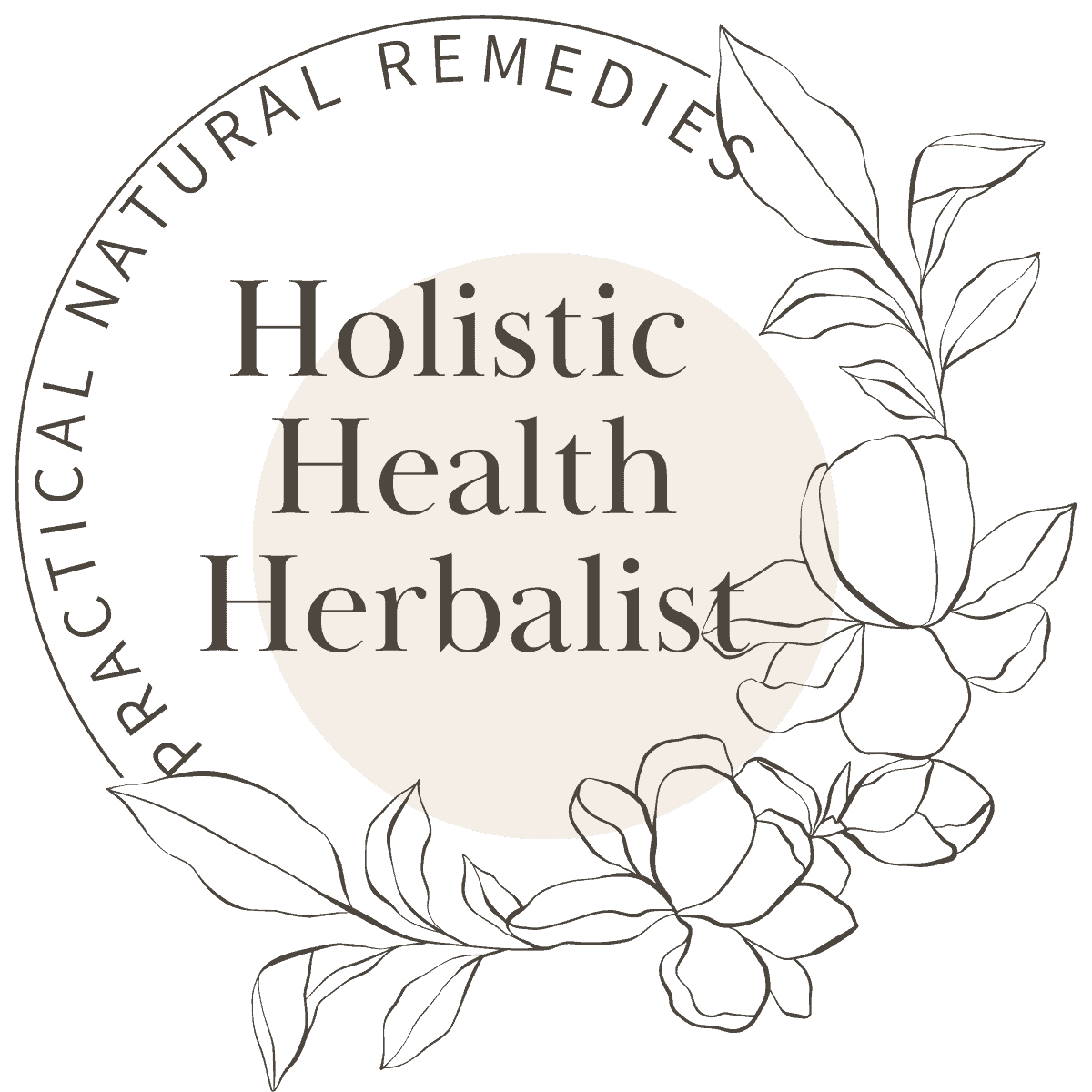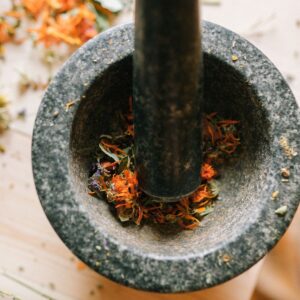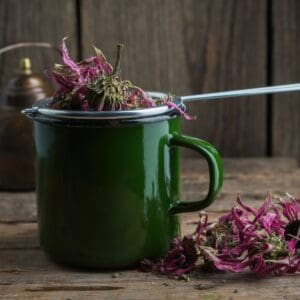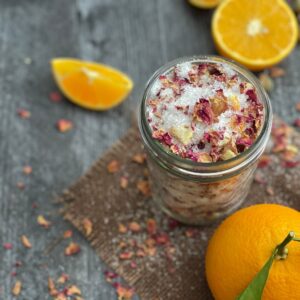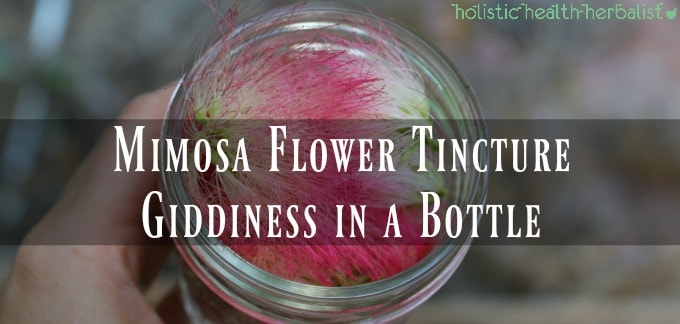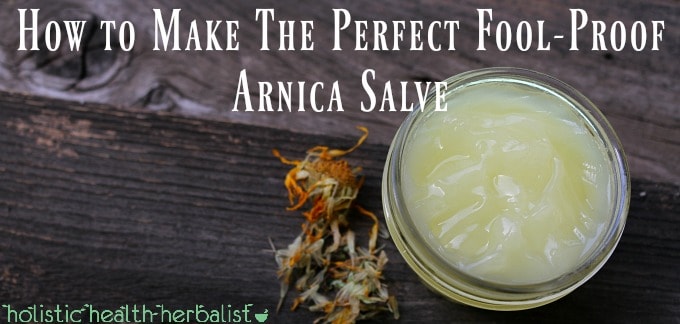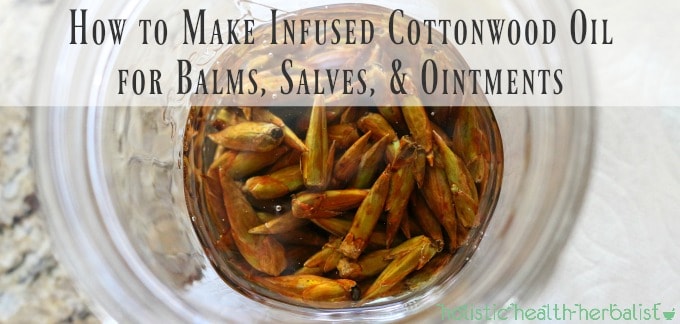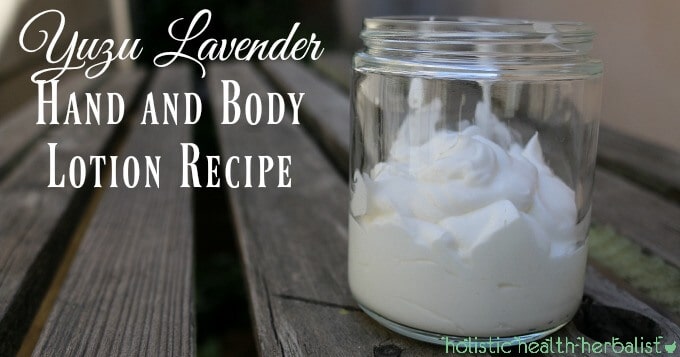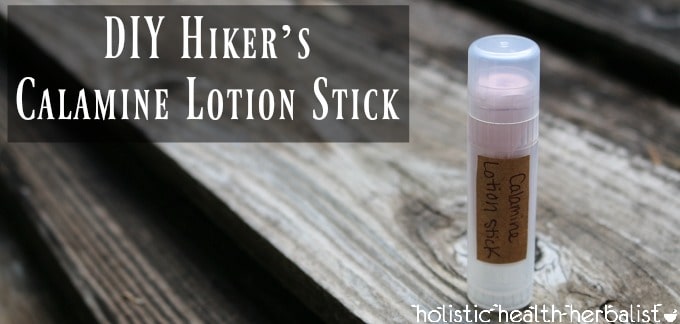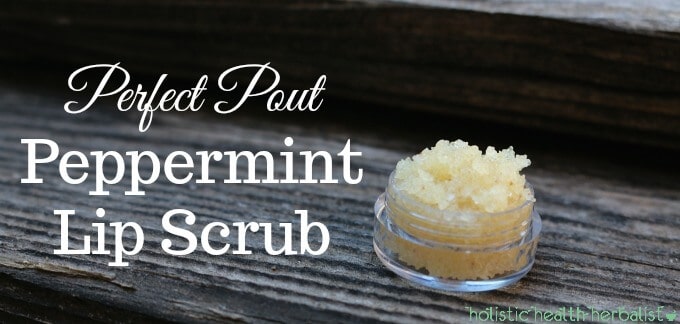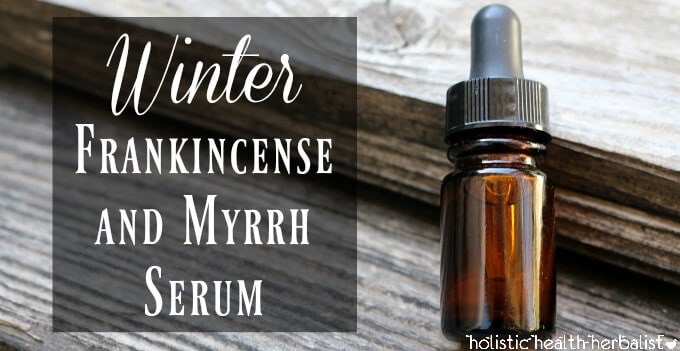Here at Holistic Health Herbalist, you will get practical tips, trusted guidance, and time-saving strategies for using natural remedies, herbs, and essential oils.

Ready to take control of your health?
Join the Holistic Health Herbalist Email Community to get trusted guidance, practical help, and the reassurance you need to confidently use natural remedies. To get you started, you'll also get my FREE guide:
"Practical Natural Remedies: The Ultimate Reference Guide for 21 Ailments"

Hi, I'm Tash
I believe with natural remedies, you can take control of your health and feel your best.
As a certified herbalist and aromatherapist, I can give you the practical guidance you need to take confident steps toward using natural remedies.

Get My Free Guide!
Take the first step towards reclaiming your health by becoming a member of the Holistic Health Herbalist email community.
When you do, you'll get experienced guidance about natural remedies, essential oils, and herbalism, and you'll get my free cheat sheet:
"Practical Natural Remedies: The Ultimate Reference Guide for 21 Ailments"
Reader Favorites
- 15 Powerful Natural Remedies for Post COVID Fatigue - The Ultimate Guide
- Crohn's Disease 101: How to Heal Your Gut with 28 Powerful Remedies
- 30 Powerful Natural Remedies for Treating Parkinson's Disease That Work!
- Natural Remedies for Tooth Infection - That Actually Work!
- Natural Remedies for Anxiety During Pregnancy
- Get Rid of Swimmers Ear Naturally
- Mimosa Flower Tincture – Giddiness in a Bottle
- Diverticulitis Causes and How to Treat it Naturally
Natural Remedies & Recipes
Learn how to make herbal remedies like tinctures, syrups, salves, and more!
- CBD Oil Benefits – What You Need to Know!
- Ocotillo Tincture Recipe – For Stagnancy & Lymphatic Drainage
- How to Treat Endometriosis Naturally
- How to Make Simple Elderberry Tincture
- How to Make The Perfect Fool-Proof Arnica Salve for Bruising, Post-Surgery, and Aches & Pains
- DIY Lavender Sachet Dream Pillows
- The Perfect Sun Tea Recipe
- How to Make Infused Cottonwood Oil for Balms, Salves, & Ointments
See more natural remedies →
Essential Oil Recipes
This is where you can learn how to make my favorite essential oils recipes.
- DIY Flower Petal Body Oil and Roll-On Recipe
- Yuzu Lavender Hand and Body Lotion Recipe
- Trail Ointment Recipe for Cuts and Scrapes
- One DIY Vapor Rub Recipe – To Rule Them All!
- DIY Hiker’s Calamine Lotion Stick
- Smudge Stick Aromatherapy Roll-On
- 7 Home Remedies for Body Aches
- 8 Amazing Home Remedies for Nausea
See more on essential oils →
DIY Beauty
Here is where you will find guidance on all things natural beauty and skincare.
- The Perfect DIY Oil Cleanser Recipe for Oily Skin
- Camper’s Cascade Forest Dry Shampoo Recipe
- 3 DIY Beauty Treatments Featuring Beetroot, Turmeric, and Vitamin C
- Citrus and Rose Bath Salts
- How to Remove Blackheads Using Floss??
- Perfect Pout Peppermint Lip Scrub
- Douglas Fir and Mint Whipped Body Butter
- Winter Frankincense and Myrrh Serum
See more DIY beauty →
